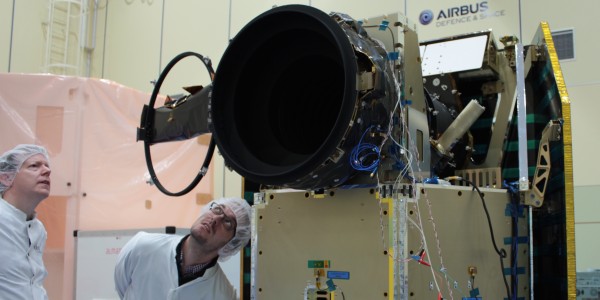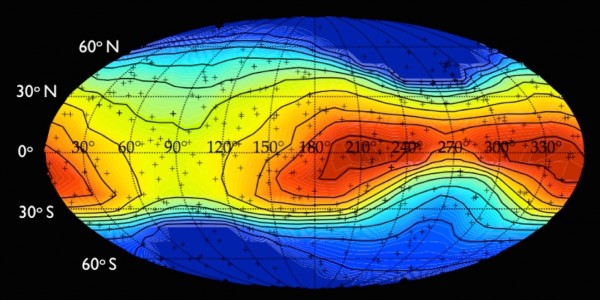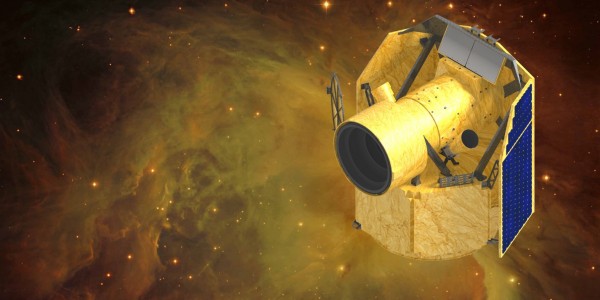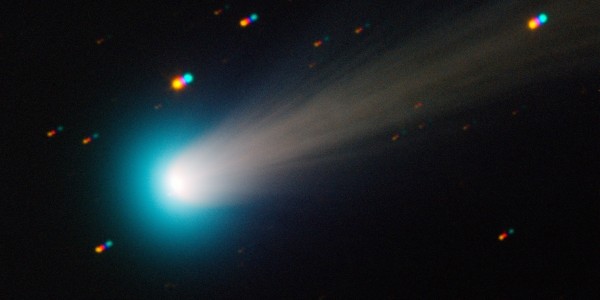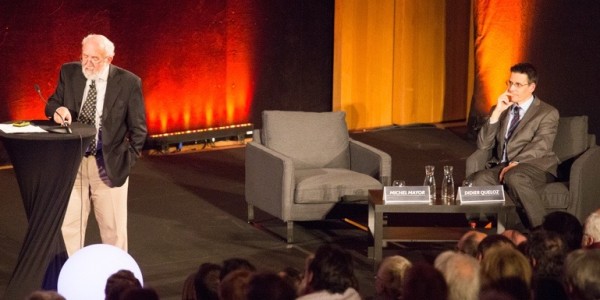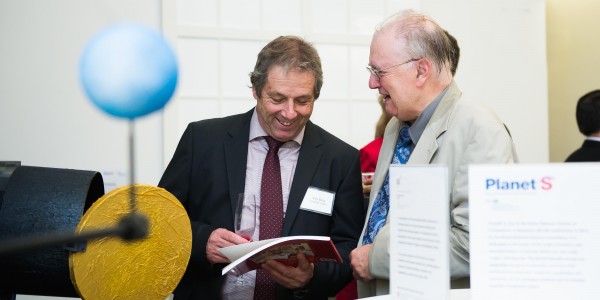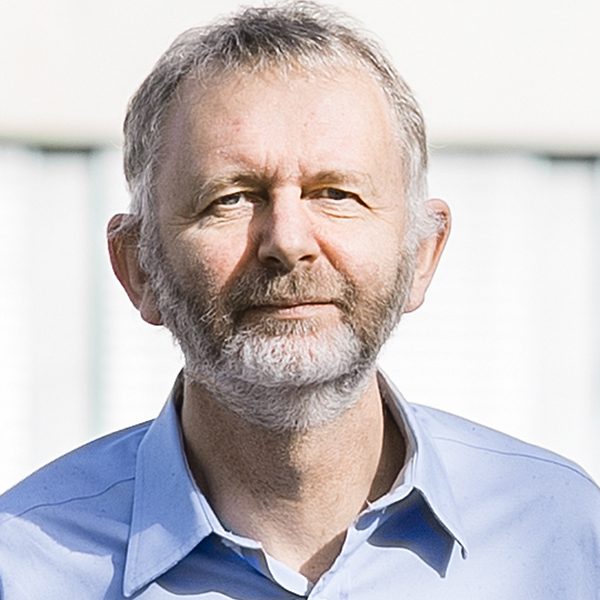News
Successful CHEOPS test
The video shows the successful baffle cover opening test performed at Airbus Defence and Space (ADS) – Spain after the spacecraft mechanical environmental campaign. The cover, which is used to protect the telescope against environmental influences during ground operations and launch, opened as planned roughly 50 seconds after the system has been switched on. The […]
Continue ReadingTargets for CHEOPS
“In two years time CHEOPS will be in space, so before the launch we must have defined the observation program and a large part of the targets.” David Ehrenreich, CHEOPS Mission Scientist and member of NCCR PlanetS is categorical, “CHEOPS must be exploitable from the beginning of the mission”. All European scientists involved in the […]
Continue ReadingLaunching the CHEOPS fellow program
The main science goals of the CHaracterizing ExoPlanets Satellite (CHEOPS) will be to study the structure of exoplanets with radii typically ranging from 1 to 6 REarth orbiting bright stars. It is this last characteristic that makes CHEOPS unique when compared to its two predecessor COROT and Kepler. With an accurate knowledge of masses and radii for […]
Continue ReadingThe Bethlehem Star
Did planets guide the Three Wise Men to the stable near Bethlehem two millennia ago? Or a comet? Or is the famous star mere literary fiction as in the Hellenistic and Roman world, depictions of kings and emperors were usually accompanied by a star? By Carsten Knigge For generations children and grown-ups alike have been delighted […]
Continue ReadingInside view of 51pegb discovery
“Sorry, the room is full, you can go to the other auditorium where the conference is broadcast on a giant screen.” Security agents continually repeated this to the despair of a large audience on 3rd November 2015 at the University of Geneva. It must be said that the cast announced to the Geneva public was […]
Continue ReadingPlanetS in Washington
More than 1,200 diplomats, dignitaries, business representatives and other guests met on September 16th at the Swiss embassy’s annual «Soirée Suisse». The event, which according to Ambassador Martin Dahinden celebrates the «rich and diverse friendship between our two nations» Switzerland and the United States, is known as the annual highlight at the embassy. This year […]
Continue ReadingAbout PlanetS
The discovery in 1995 of the first giant planet outside our solar system by Swiss astronomers spawned a unique revolution in modern astronomy. Since then, the progress has been such that the field is now shifting from an era of discovery to one of physical and chemical characterisation. The NCCR PlanetS allows responding to this […]
Continue ReadingGaussian processes for modelling stellar activity and detecting planets
Speaker: Vinesh Rajpaul (Oxford) Abstract To date, the radial-velocity (RV) method has been one of the most productive techniques for detecting extrasolar planetary candidates. Unfortunately, stellar activity can induce RV variations which can drown out or even mimic planetary signals, and it is extremely difficult to model and thus mitigate these stellar effects. This is […]
Continue ReadingThe role of model selection, summary statistics and multiple-point statistics in Bayesian inverse problems: Examples from geophysics.
Lecturer: Niklas Linde (UNIL) Abstract Model selection and multiple-point statistics allow for comparisons of alternative conceptual descriptions of the system under study, while summary statistics (Approximate Bayesian Computation) allows us to relax some of the assumptions made in terms of observational, modelling and prior uncertainties. These concepts will be introduced and motivated with examples from […]
Continue ReadingConservative estimate for the excursion set of a deterministic function under a Gaussian random field model
Speaker: Dario Azzimonti (UniBern) Abstract The problem of estimating the excursion set of a deterministic function under a limited evaluation budget can be approached with Gaussian random field (GRF) modelling. Here we review two recent techniques based on Gaussian random field priors and we propose a fast algorithm to compute conservative estimates from the joint […]
Continue Reading
